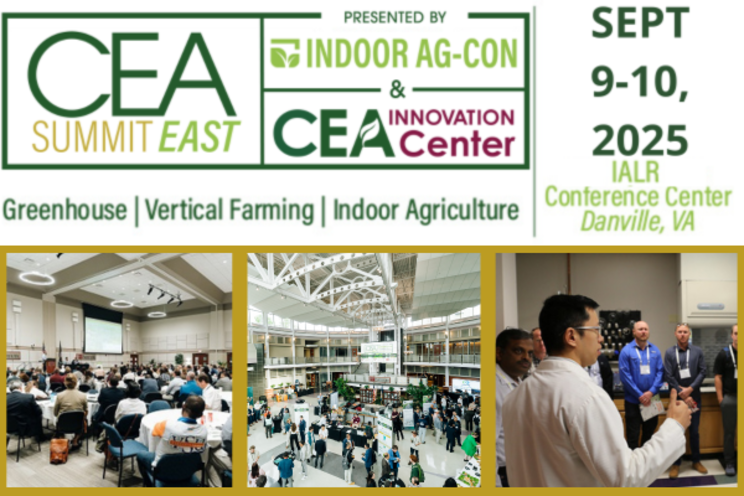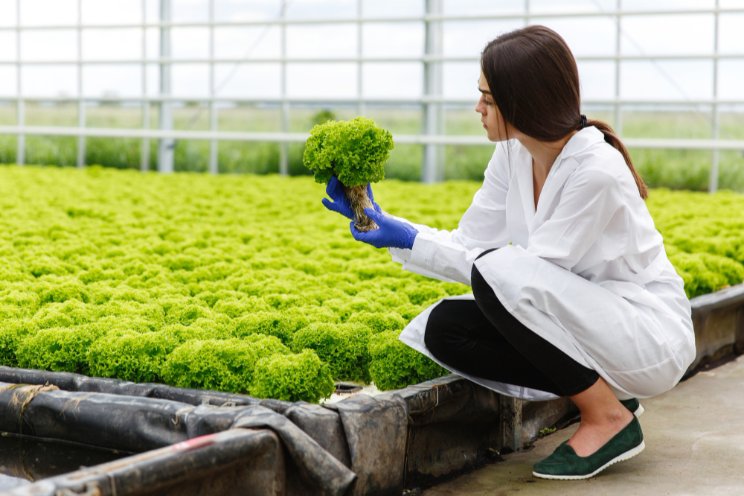Gamification x modularity for impactful community agriculture
Added on 24 September 2022

Access to fresh produce, grocery stores, and affordable healthy food options is limited and made to be inconvenient only for specific communities. According to the Natural Resources Defense Council (NRDC), "the racial demographics of the areas described by this term are most often Black and Latino. When comparing communities with similar poverty rates, Black and Latino neighborhoods tend to have fewer supermarkets that offer a variety of produce and healthy foods."
Rather than taking a top-down design approach that fails to account for community needs and cultural knowledge, agricultural leaders argue that "focusing on creating food sovereignty through community-driven solutions and systemic change" is the path forward.
This is precisely the challenge Wageningen University & Research (WUR) laid out for participants of the third Urban Greenhouse Challenge. Students were asked to design a "comprehensive plan to develop [the] East Capitol Urban Farm in Washington, D.C. into a site that enables robust and resilient year-round sustainable food production."
Continue reading.
Photo created by Zoe Schaeffer - Unsplash
Source: Agritecture
More news















